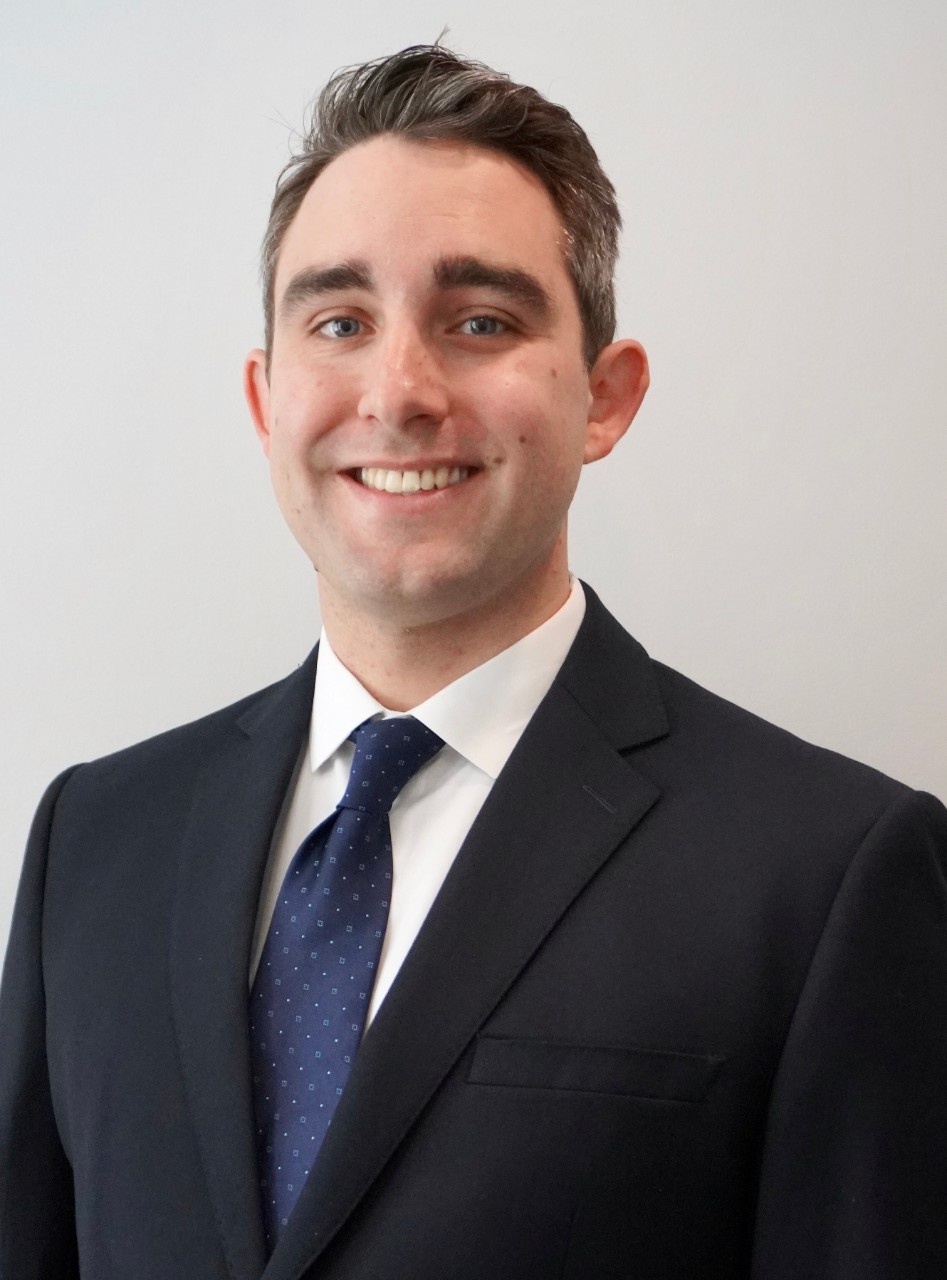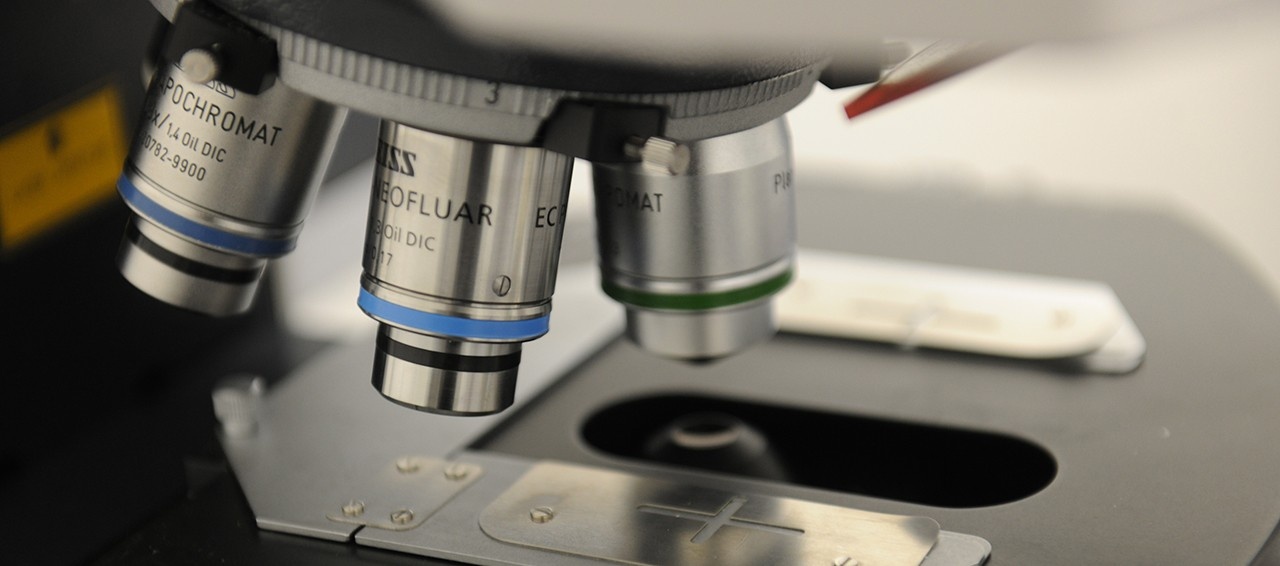Locke Davenport Huyer
Assistant Professor, School of Biomedical Engineering, Department of Applied Oral Sciences

Contact Info
Locke Davenport Huyer, PhD
Office: Dentistry Building, Room 5215
Email: l.davenporthuyer@dal.ca
Phone: 902-494-3063
Web: www.davenporthuyerlab.com
My laboratory is focused on understanding and manipulating the interaction of host immunity with biomaterial implants. Synthetic polymers provide the foundation to diverse medical devices in the clinic yet are fraught with clinical challenges, which motivates the engineering of materials that can better interact with the host environment. Founded in our ongoing efforts to better phenotype the immune cell driven biomaterial host response, we are actively working to engineer new polymer materials that can both instruct this response and provide the bulk material properties for degradable medical devices.
Our Group
My lab is focused on the complexity at the interface of biomaterials with host immunity, where we look to understand and manipulate mechanistic drivers to the foreign body response. This research thrives on multidisciplinary thinking, combining clinical motivations with the cutting edge of biomaterial design at interface with mechanistic immunology.
Our group welcomes enthusiastic trainees at all levels from various disciplines including: biology (computational, cell biology, immunology, metabolism), chemistry (organic, polymer development, biomaterials) and engineering (biomedical, chemical, mechanical, material science). Students with other scientific and engineering backgrounds who are interested in our research are also encouraged to apply.
Current Projects
Understanding immune cell behaviour at the material interface: The immune cell environment at the host-material interface is complex, involving several cell types, signalling pathways, and cell behaviour. Our ongoing efforts look to better understand the kinetics, phenotype, and metabolic behaviour of cells in contact with degradable polymer-based medical devices, with the goal of identifying pathways that could support improved material design. These efforts use engineered animal models, patient samples, and in vitro cell culture, and leverage gene expression, metabolomics, and multi-parameter flow cytometry for analysis.
Immunometabolism inspired degradable material libraries: Metabolism is an exciting therapeutic avenue in immunoregulation, where small molecule regulators serve as potential building blocks that are stable to diverse polymer strategies. Using a high content synthesis and analysis approach, we are currently focused on generating a library of materials to combat the host response across multiple immune cell types using immunometabolism as a therapeutic target. Our efforts look to generate a library of materials that could be applied according to the need of a specific device application.
Next-generation implantable materials: Degradable materials form the basis to many implantable medical devices, including sutures, support meshes, and coatings. Combining our mechanistic understanding of material associated inflammation and regulatory material design, we are interested in translation of our technologies to degradable medical devices. Here, we are further interested in understanding the need to tune regulatory behaviour to address the mechanically driven immune reactivity upon implantation.
Selected Publications
For a full list of Dr. Davenport Huyer’s publications, click here.
Shou, Y., Campbell, S., Radisic, M., Davenport Huyer, L. Towards renewable and functional biomedical polymers with tunable degradation rates based on itaconic acid and 1,8-octanediol. ACS Applied Polymer Materials. 2021, 3 (4): 1943-55. DOI: 10.1021/acsapm.1c00017
Davenport Huyer, L. , Mandla, S., Wang, Y., Yee, B., Euler, C., Lai, B.F., Bannerman, D., Lin, Y., Montgomery, M., Nemr, K., Mahadevan, R., Bender, T., Epelman, S., Radisic, M. Macrophage immunomodulation through new polymers that recapitulate functional effects of itaconate as a power house of innate immunity. Advanced Functional Materials. 2021, 31 (6): 2003341. DOI: 10.1002/adfm.202003341
Davenport Huyer, L.‡, Callaghan, N. I.‡, Dicks, S., Scherer, E., Shukalyuk, A. I., Jou, M., Kilkenny, D. M. A scalable inquiry-based curriculum enhances differential engagement and academic performance for senior high school STEM students. npj Science of Learning. 2020, 5 (1): 1-12. DOI: 10.1038/s41539-020-00076-2. Summary blog post available: https://go.nature.com/3oDKolE
Davenport Huyer, L., Pascual-Gil, S., Wang, Y., Mandla, S., Yee, B., Radisic, M. Advanced strategies for modulation of the material-macrophage interface. Advanced Functional Materials. 2020, 30 (44), 1909331. DOI: 10.1002/adfm.201909331
Davenport Huyer, L., Bannerman D., Wang, Y., Savoji, H., Knee-Walden, E.J., Brissenden, A., Yee, B., Shoaib, M., Bobicki, E., Amsden, B.G., Radisic, M. One-pot synthesis of unsaturated polyester bio-elastomer with controllable material curing for microscale designs. Advanced Healthcare Materials. 2019. 8 (16): 1900245; DOI: 10.1002/adhm.201900245
Montgomery, M. ‡, Ahadian S. ‡, Davenport Huyer, L., Rito, M. L., Civitarese, R. A., Vanderlaan, R. D., Wu, J., Reis, L., Momen, A., Akbari, S., Pahnke, A., Li, R. K., Caldarone, C., Radisic, M. Flexible shape-memory scaffold for minimally invasive delivery of functional tissues. Nature). 2017. 16: 1038–1046; DOI: 10.1038/nmat4956
Davenport Huyer, L., Zhang, B., Montgomery, M., Korolj, A., Drecun, S., Conant, G., Zhao, Y., Reis, L., Radisic, M. Highly elastic and moldable polyester biomaterial for tissue engineering applications. ACS Biomaterials Science & Engineering. 2016. 2 (5): 780-788; DOI: 10.1021/acsbiomaterials.5b00525
‡ Denotes equal contribution
